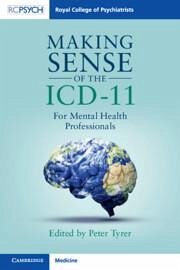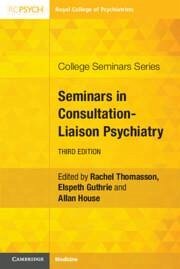
Clinical Topics in Teaching Psychiatry
Versandkostenfrei!
Versandfertig in 2-4 Wochen
61,99 €
inkl. MwSt.
Weitere Ausgaben:

PAYBACK Punkte
31 °P sammeln!
Drawing on papers previously published in BJPsych Advances, this book provides much-needed guidance for teaching in psychiatry. It covers topics such as remote training, simulation, supervision, coaching and mentoring. It is aimed at psychiatrists, both trainers and trainees, and other mental health professionals.














